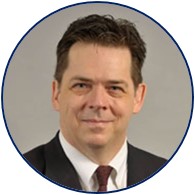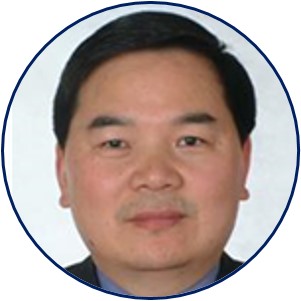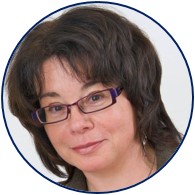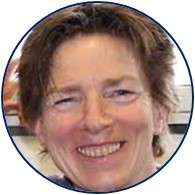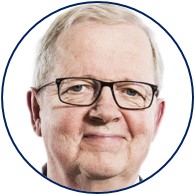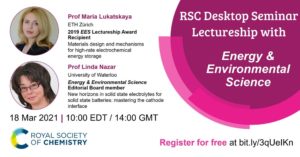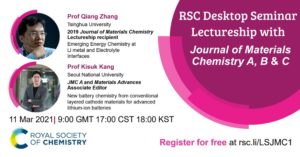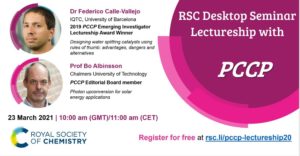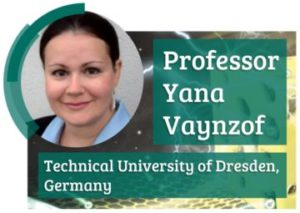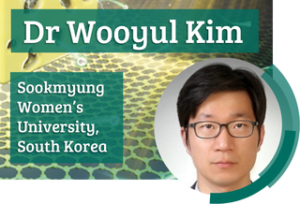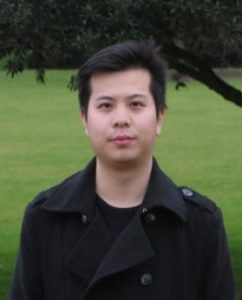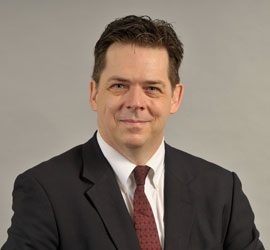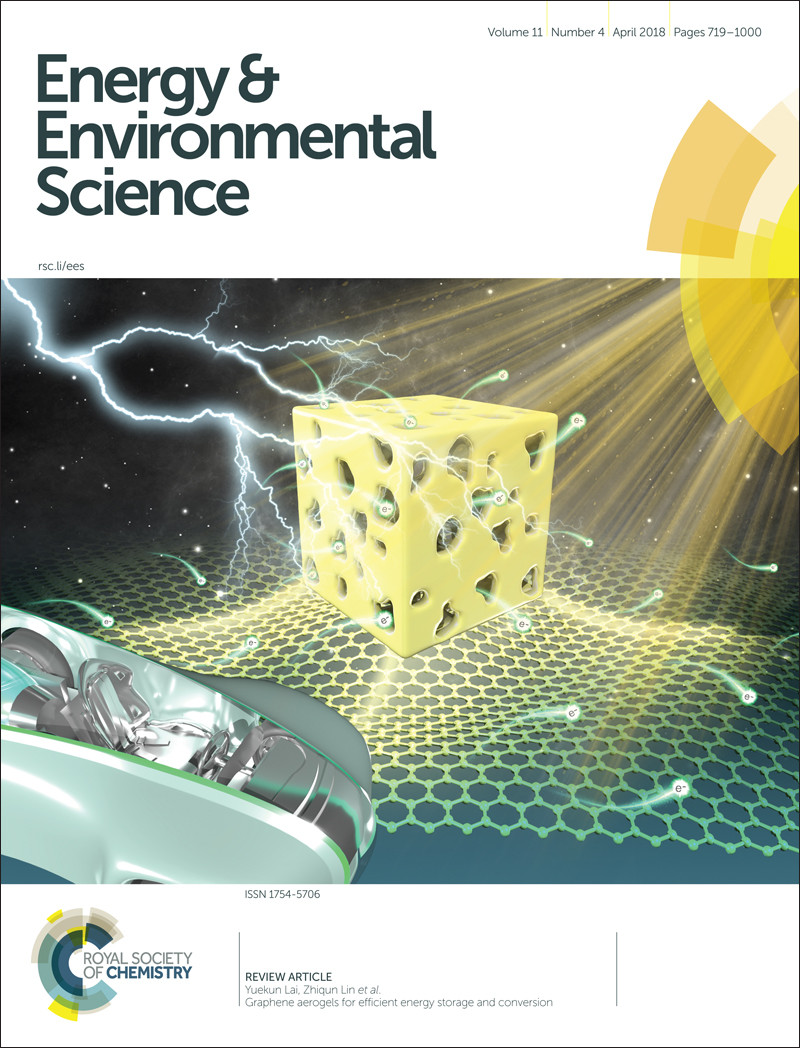We are delighted to welcome our newest members to the Energy & Environmental Science Advisory Board!
Introducing Profs. Annamaria Petrozza, Evelyn Wang, Li-Zhu Wu, Yan Yu, Hong Jin Fan, Laura Herz, Pooi See Lee, Yi-Chun Lu and Shelley Minteer. We are so happy to be working with you all.
The Energy & Environmental Science Advisory Board is comprised of leading researchers from across the breadth of energy science, who support the journal as reviewers and authors, providing strategic feedback and acting as advocates in the community. Meet our full Editorial and Advisory Boards on our webpage: https://rsc.li/ees and find out a bit more about our newest Advisory Board members below, alongside examples of their research.

Pictured left to right: Annamaria Petrozza, Evelyn Wang, Li-Zhu Wu and Yan Yu

Pictured left to right: Profs. Hong Jin Fan, Laura Herz, Pooi See Lee, Yi-Chun Lu, Shelley Minteer
Prof. Annamaria Petrozza works at the Istituto Italiano di Technologia, Italy. Her research aims to shed light on interfacial optoelectronic mechanisms with the goal of improving efficiency and stability of solution processable semiconductors and devices, with special emphasis on highly efficient third-generation solar cells.
Read some of Petrozza’s work in Energy & Environmental Science: 17.6% stabilized efficiency in low-temperature processed planar perovskite solar cells
Prof. Evelyn Wang is the director of the Device Research Laboratory and chair of the Department of Mechanical Engineering at the Massachusetts Institute of Technology (MIT). Her research interests include heat and mass transfer, energy efficient systems, water harvesting, purification and conservation and micro/nano devices.
Read some of Wang’s work in Energy & Environmental Science: Ultrahigh-efficiency desalination via a thermally-localized multistage solar still and Passive, high-efficiency thermally-localized solar desalination
Prof. Li-Zhu Wu is the Director of the Lab of Supramolecular Photochemistry at the Technical Institute of Physics and Chemistry, Chinese Academy of Sciences. The group works on photochemical conversion, including artificial photosynthesis for hydrogen and oxygen evolution as well as carbon dioxide reduction; Visible light catalysis for efficient organic transformation, particularly for activation of inert chemical bonds using photochemical strategies; and photoinduced electron transfer, energy transfer, and chemical reactions in supramolecular systems.
Read some of Wu’s work in Energy & Environmental Science: Graphdiyne for crucial gas involved catalytic reactions in energy conversion applications
Prof. Yan Yu at the University of Science and Technology of China (USTC), works on the design of novel nanomaterials for clean energy, with a particular focus on batteries and the fundamental science of energy-storage systems.
Read some of Yu’s work in Energy & Environmental Science: Ionogel-based sodium ion micro-batteries with a 3D Na-ion diffusion mechanism enable ultrahigh rate capability
Prof. Hong Jin Fan works at Nanyang Technological University (NTU). His research interests focus on exploring new energy materials and understanding their functions in energy conversion and storage processes, including catalysis for hydrogen generation, new redox batteries, and flexible energy devices.
Read some of Fan’s work in Energy & Environmental Science: Tubular TiC fibre nanostructures as supercapacitor electrode materials with stable cycling life and wide-temperature performance
Prof Laura Herz directs the Semiconductors Group at the Clarendon Laboratory and is the Associate Head of the Mathematical, Physical and Life Sciences Division for research at the University of Oxford. The Herz group explores the fundamental science and applications of semiconducting materials and nanostructures ranging from hybrid systems such as sensitized metal oxides and organic-inorganic perovskites to organic molecules and solids, III-V inorganic semiconductors, and nanostructures.
Read some of Herz’s work in Energy & Environmental Science: Preventing phase segregation in mixed-halide perovskites: a perspective
Prof. Pooi See Lee, Nanyang Technological University (NTU), is interested in synthesizing innovative nanomaterials and harnessing their multi-functionality through understanding the structural-property characteristics. She has developed high-energy capacitors, energy-saving electrochromic coatings, novel transparent conductors, flexible and stretchable devices.
Read some of Lee’s work in Energy & Environmental Science: 3D carbon based nanostructures for advanced supercapacitors
Prof. Yi-Chun Lu, of the Chinese University of Hong Kong, leads the Electrochemical Energy & Interfaces Laboratory. Lu’s research group looks at redox flow batteries, Li-air batteries, Li-sulphur batteries, and energy storage systems for electric vehicles.
Read some of Lu’s work in Energy & Environmental Science: High-areal-capacity conversion type iron-based hybrid redox flow batteries
Prof. Shelley Minteer is a group leader at the University of Utah. The Minteer Group is focused on improving the abiotic-biotic interface between biocatalysts and electrode surfaces for enhanced bioelectrocatalysis. These biocatalysts include microbial cells, organelles (mitochondria and thylakoid membranes), redox proteins, and oxidoreductase enzymes. They design electrode structures for enhanced flux at electrode surfaces for biosensor and biofuel cell applications.
Read some of Minteer’s work in Energy & Environmental Science: Nitrogenase bioelectrocatalysis: heterogeneous ammonia and hydrogen production by MoFe protein
The Editorial team extends a warm welcome to all our new Advisory Board members, we are very much looking forward to working with everyone.











